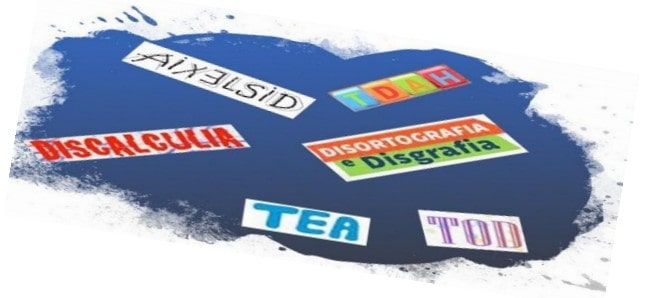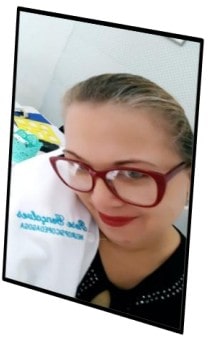What is disorders By Rose Gonçalves

In this post, we are going to talk about learning disorders, but we want to talk in a simple way so that this topic is no longer a seven-headed animal and who knows, it becomes interesting to understand our worldview if it is superficial or deeper, in the end discovering attitudes that teach us to be better people every day, and living with people who have a disorder, whatever it may be, really makes us better, more empathetic, more loving and more human.
In the past, we did not even imagine that that agitated child who did not understand anything and lived in the world of the moon, went through much more complex problems than what was apparently seen, sometimes it was not even noticed because a child when he presented this type of behavior was labeled "naughty or uneducated". Many families omitted the condition of the child from school, which in turn suffered intolerance and prejudice from colleagues. However, the school was a factor of great influence in the process of change in the attitude of some educators who began not only to observe, but to point out to parents and guardians patterns of behavior and development of students, which generated a long search for answers and possible treatments.
Thanks to the advancement of research related to human learning in different areas of knowledge, several disorders that hinder the natural process of learning development have been identified. The emergence of areas of study focused on education, such as neuroscience, neuropsychopedagogy and others of great relevance that are part of multidisciplinary groups engaged in diagnosis and treatment, has observed a growing number of children and adolescents who have some type of disorder.
A National Joint Comitte Of Learning Disabilities defines learning disorder as:
[...] is a global term that refers to a group of difficulties related to the acquisition and use of academic skills such as reading, writing and mathematics. Learning disorders result from dysfunctions of the central nervous system and are related to a "failure" in the process of acquiring and processing information, differing from "learning difficulties", since the latter situation stems from issues related to pedagogical problems, emotional or sociocultural or neurological conditions (RUBINSTEIN, 1999).So I shall start with the DISLEXIA
 Rose Gonçalves
Rose Gonçalves
Neuropsicopedagoga
Pedagogue and researcher
in inclusive education